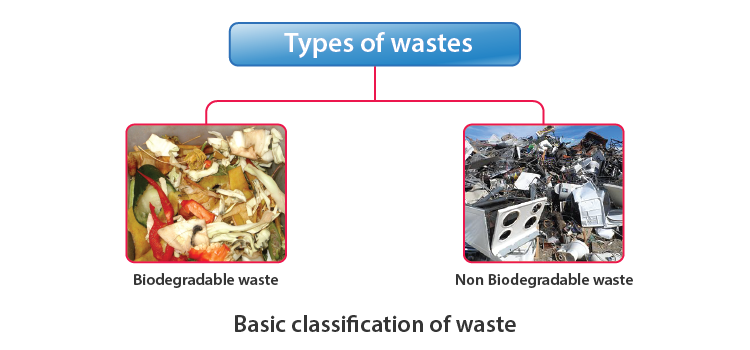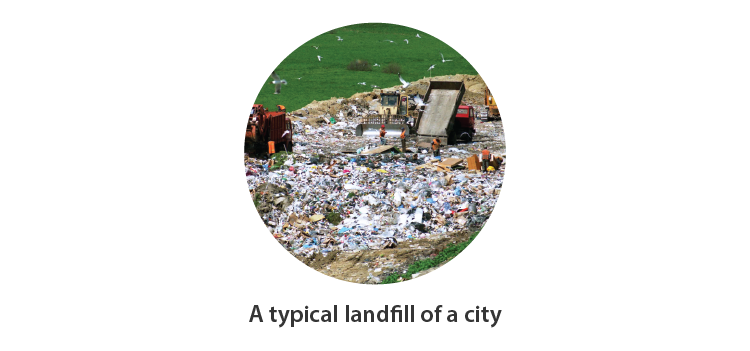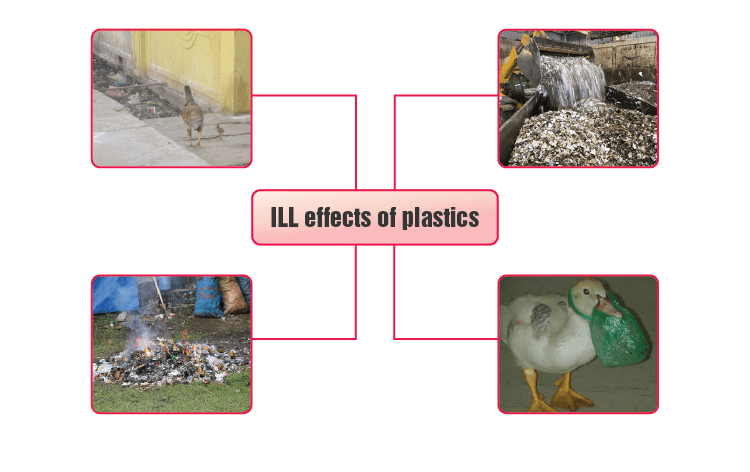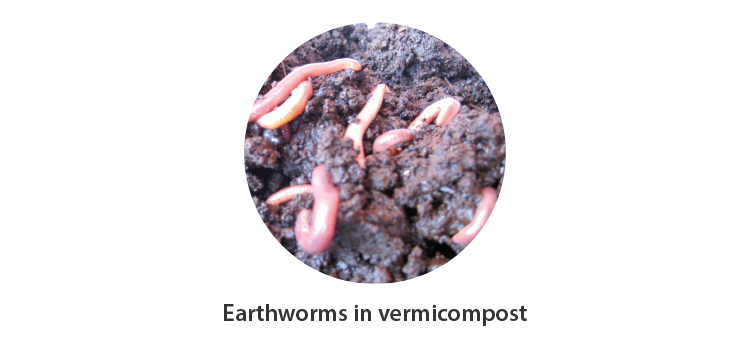According to the CBSE Syllabus 2023-24, this chapter has been removed from NCERT Class 6 Science textbook.
What is Garbage?
All the waste materials and other household waste produced on a daily basis are termed as garbage. The different wastes of garbage contain peels of vegetables and fruits, leftovers of cooked food products, waste paper and plastic materials, and many other waste items.
To know more about Garbage, visit here.
Waste
Waste is any substance which is discarded after primary use or is worthless, defective and of no use.

To know more about Waste and Its Types, visit here.
Where Does Garbage Go
Waste Generation
- Waste generation is the amount of waste produced by a house, a community or even the country.
- Fact: Bangalore produces approximately 2480 tonnes of garbage a day, according to a 2001 study.
- Developed nations tend to produce more garbage than developing nations as they have a higher rate of consumption.
Waste Segregation
The process of segregating or dividing the wastes into dry and wet is defined as Waste Segregation. Here, the dry waste includes wood and related products, metals and glass. Wet waste typically refers to organic waste usually generated by eating establishments and are heavy in weight due to dampness.
Landfill
A landfill is a low-lying area for the disposal of waste materials by burial.

Recycling
- Recycling is the reusing of waste materials that are discarded.
- Recycling reduces the wastage of products and pollution.
Paper
- Paper is derived from trees.
- Paper can be recycled and can be used as an alternative to plastics.
- Recycling and reusing paper saves the environment.
To know more about Waste Disposal, visit here.
Biodegradable Waste
Biodegradable waste includes any organic matter in waste that can be broken down into
- Water.
- Methane.
- Carbon dioxide.
- Simple organic molecules.
Micro-organisms like fungi and other living things using
- Composting.
- Aerobic digestion.
- Anaerobic digestion or similar processes.
Non-Biodegradable Waste
- It is a type of waste that can not be broken down into its base compounds by micro-organisms, air, moisture or soil in a reasonable amount of time.
- Non-biodegradable waste is an environmental concern, as it threatens to overwhelm landfills and create disposal problems.
To know more about Biodegradable and Non-Biodegradable Waste, visit here.
Plastics
- Plastic is a material consisting of a wide range of synthetic or semi-synthetic compounds that are malleable and can be moulded into solid objects.
- Plastic can be recycled, reused, coloured, melted, rolled into sheets or made into wires.
- That is why it finds such a variety of uses.
- Plastic is non-biodegradable and poses major health hazards for animals, including humans.

To know more about Plastics, visit here.
Composting and Vermicomposting
Compost
- Compost is an organic matter that has been decomposed and recycled as a fertilizer and soil nutrient.
Vermicomposting
- Vermicompost (or vermicompost) is the product of the composting process using various species of worms.
- Red wigglers, White worms and other earthworms are used to create a mixture of decomposing vegetables or food waste, garden waste, farm waste etc.
- The product, vermicompost, is excellent manure for gardens, nurseries, farms etc.

To know more about Vermicomposting, visit here.
Learn more about the Garbage and waste from the topics given below:
| Waste Disposal | Solid Waste Management |
| Components of Garbage | Waste – Sources Of Waste |
Frequently Asked Questions on CBSE Class 6 Science Notes Chapter 16 Garbage in, Garbage Out
What are the steps in the recycling process?
Step 1: Collection and Processing. Step 2: Manufacturing. Step 3: Purchasing New Products Made from Recycled Materials.
What is a landfill?
A landfill is a low-lying area for the disposal of waste materials by burial.
What is biodegradable waste?
Biodegradation is the process by which organic substances are decomposed by micro-organisms (mainly aerobic bacteria) into simpler substances such as carbon dioxide, water and ammonia.
Comments